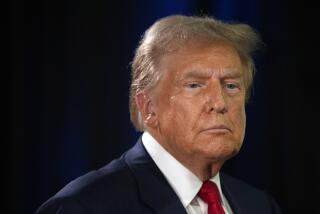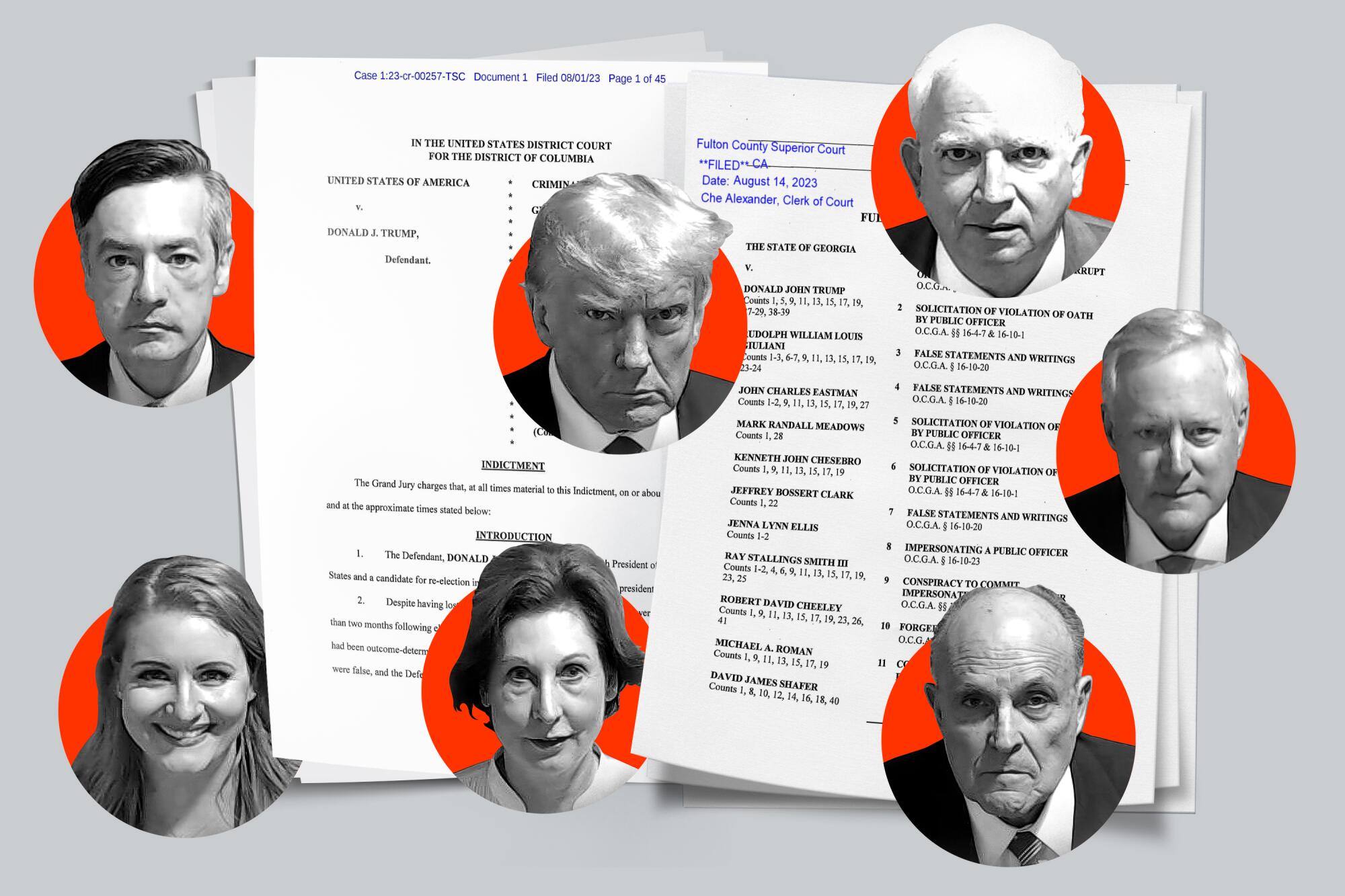
- Share via
WASHINGTON — Former President Trump faces four felony criminal cases in the coming months, and the indictments have thrust into the spotlight little-known names along with others that are familiar to the public.
Special counsel Jack Smith has brought two federal cases against Trump.
In the first, Trump is accused of improperly keeping classified records after leaving office; defying a subpoena ordering their return; and obstructing FBI efforts to prove he still possessed them. Two others are charged alongside Trump.
In the other case brought by Smith, Trump and others are accused of trying to discount legitimate votes and subvert the 2020 presidential election results through three criminal conspiracies: one to obstruct the nation’s process of collecting, counting and certifying the results of the election; one to impede the Jan. 6, 2021, electoral college count and official certification of the results; and another to deny citizens’ right to vote and to have their votes counted.
The former president is also charged in Fulton County, Ga., along with 18 others, in an indictment that alleges a broad conspiracy to try to overturn his 2020 election loss to Democrat Joe Biden, including coordinated efforts to lie to state lawmakers, the courts and the public in an effort to remain in office.
Trump is also scheduled to go to trial in the spring in New York City on charges related to an alleged hush money payment to a porn actor in the final days of the 2016 campaign.
Here’s a look at the key figures in the four criminal indictments:
Potential co-conspirators in the federal 2020 election indictment
Smith’s federal indictment refers to six unnamed co-conspirators, some of whom have been potentially identified using details in the document, such as dates of and quotes.
Rudolph W. Giuliani
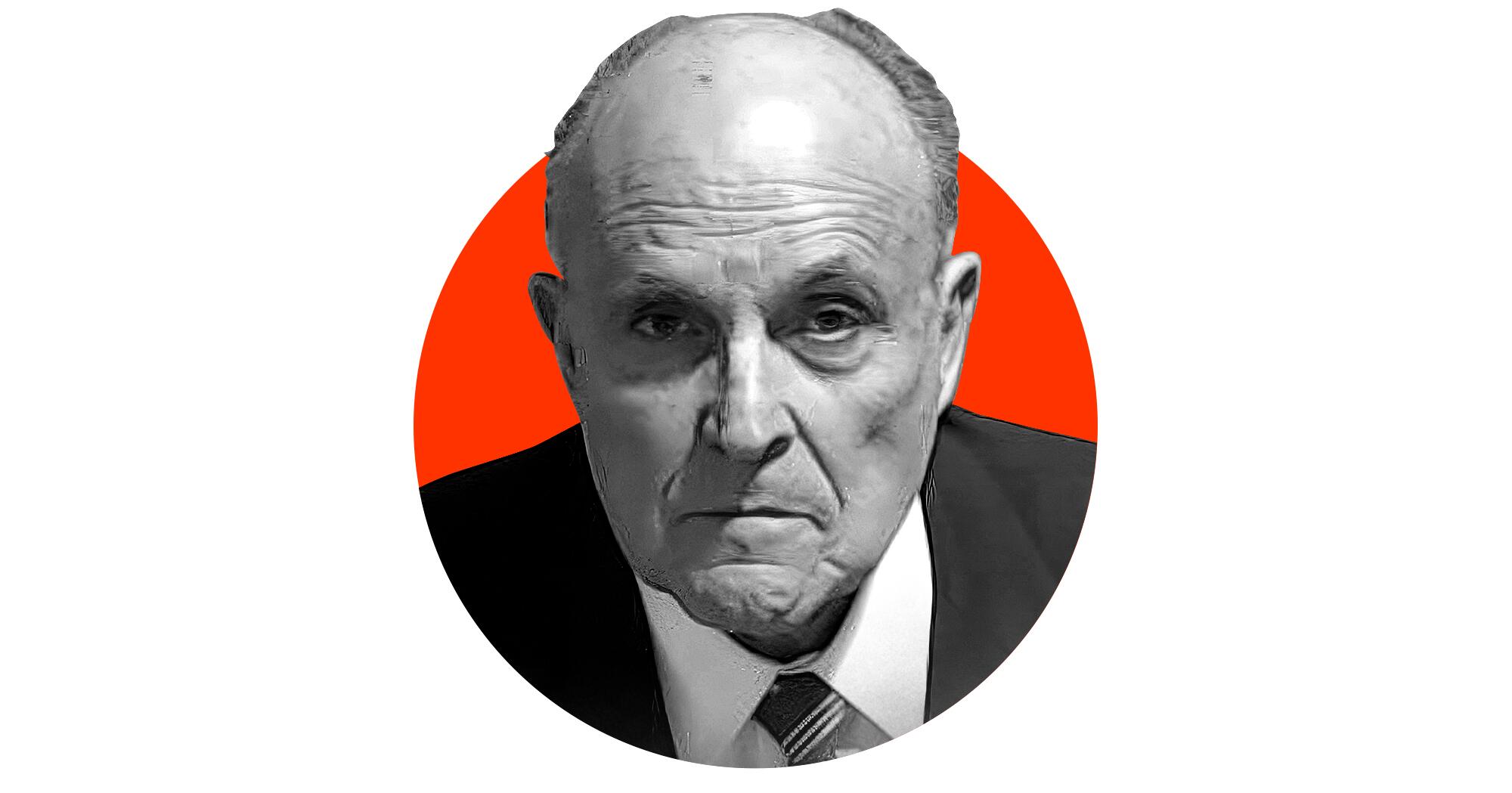
The former New York mayor helped lead Trump’s legal challenges to the presidential election results, allegedly pursuing strategies that Trump campaign lawyers would not.
Giuliani’s lawyer, Robert Costello, told the New York Times that his client “appears to be co-conspirator No. 1” in the special counsel’s indictment. The indictment includes quotes from a voicemail that Co-Conspirator 1 left “for a United States Senator” on Jan. 6, 2021, that match a message Giuliani intended for Sen. Tommy Tuberville, a Republican from Alabama. The call was placed to a wrong number.
In the Fulton County indictment, Giuliani is accused of leading Trump’s efforts to compel lawmakers in closely contested states to ignore the will of voters and instead illegally appoint Trump loyalists to the electoral college.
John Eastman
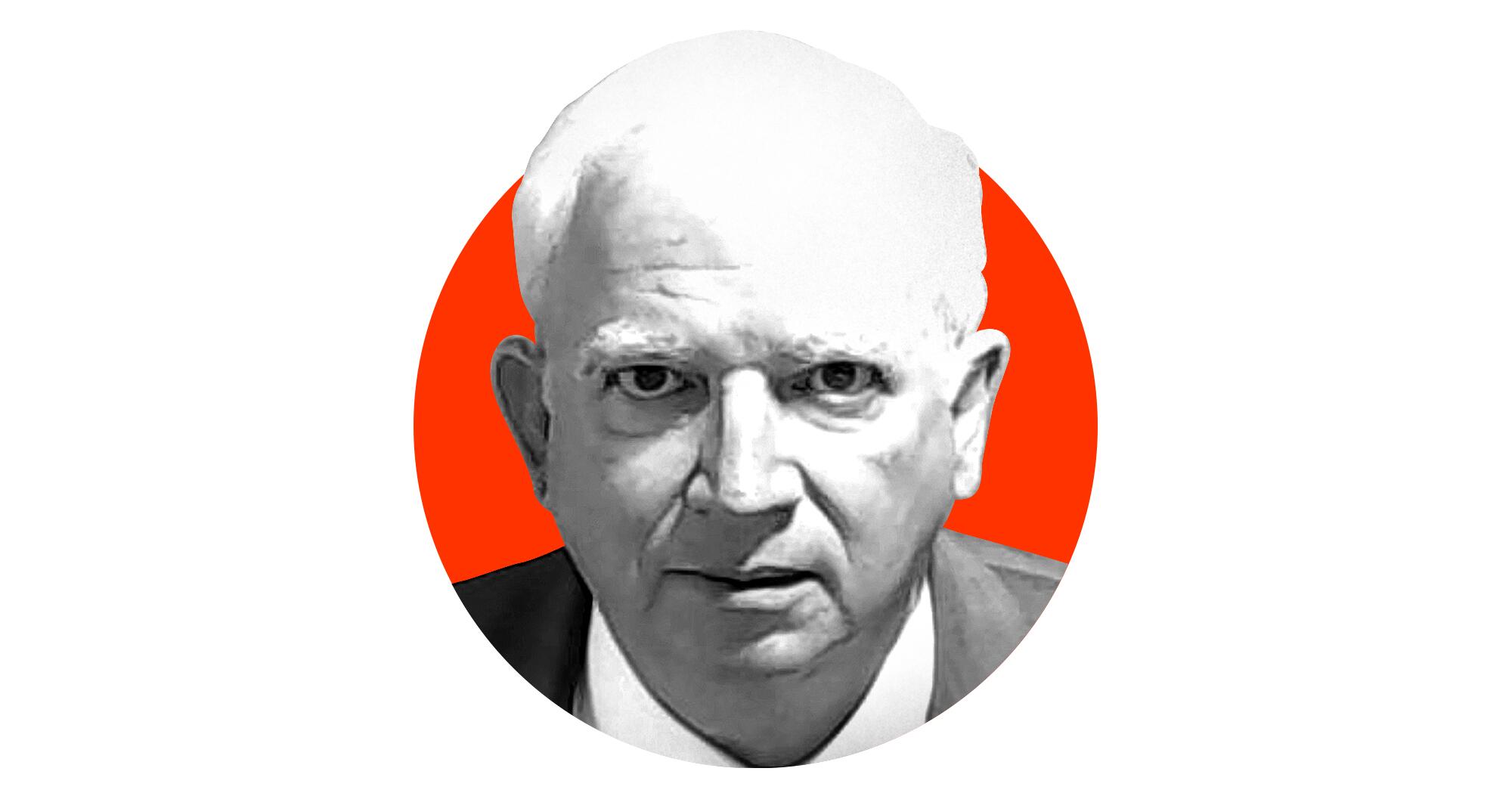
The California attorney and former law school dean repeatedly pressed then-Vice President Mike Pence and Pence’s staff to reject election results in some states where fake electors had voted for Trump. Eastman pushed Pence to postpone the scheduled Jan. 6 certification of the election until legislatures could meet and vote to change the results in those states in Trump’s favor.
The federal indictment states that Co-Conspirator 2 “circulated a two-page memorandum” with a plan for Pence to overturn the 2020 election while presiding over the electoral college certification on Jan. 6. The details match those of a memo that Eastman wrote and disseminated.
Eastman is charged by name in the Fulton County indictment, accused of pressuring Pence and of pushing to have slates of fake electors cast votes for Trump in states where Biden won.
Sidney Powell

The Texas-based lawyer served alongside Giuliani as an attorney for Trump and publicly amplified election fraud claims. She brought or supported many of the more than five dozen lawsuits challenging the election results in the weeks that followed.
Quotes attributed to Co-Conspirator 3 in the special counsel’s indictment regarding a lawsuit in Georgia match those in a federal lawsuit that Powell filed against Georgia Gov. Brian Kemp.
Powell is charged in the Fulton County indictment with playing a role in the Jan. 7, 2021, breach of Coffee County, Ga., election offices and the copying of the county’s election management system.
Jeffrey Clark
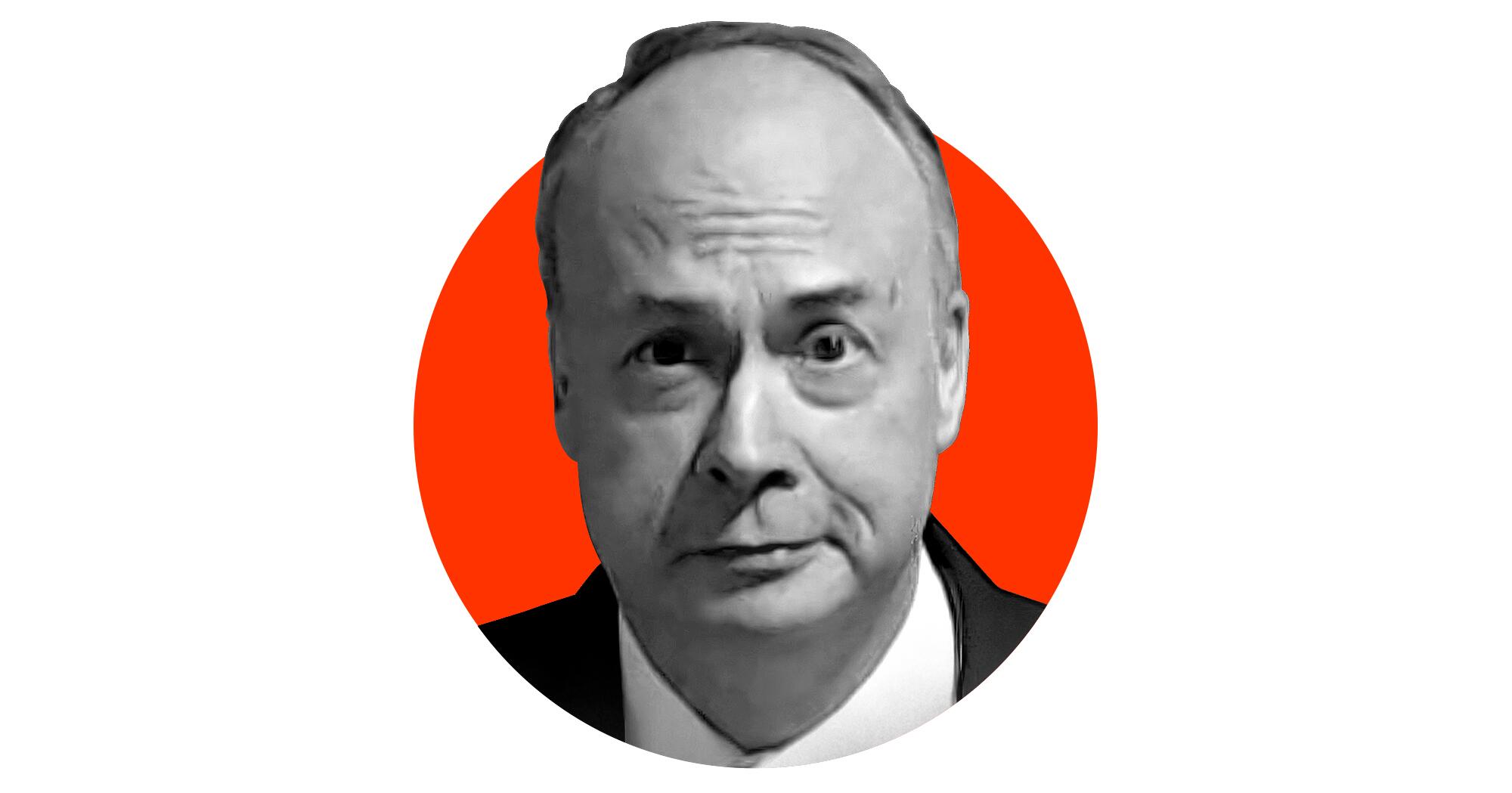
A former assistant attorney general at the Justice Department, Clark wanted the agency to investigate claims of fraud and issue a letter to key states stating that there was wrongdoing in their elections that their legislatures should examine. Trump nearly installed him as acting attorney general, but backed down when Justice Department leadership threatened to resign en masse if he did.
The indictment identifies Co-Conspirator 4 as “a Justice Department official.” It quotes an email that a superior at the Justice Department sent rebutting the official’s attempts to use the department to overturn the election. The quotes match those in an email that was sent to Clark, according to documents that the Justice Department released under the Freedom of Information Act.
Clark is charged in the Fulton County indictment, and is accused of pushing for the Department of Justice to issue the letter to officials in Georgia and other states claiming wrongdoing in their elections.
Kenneth Chesebro
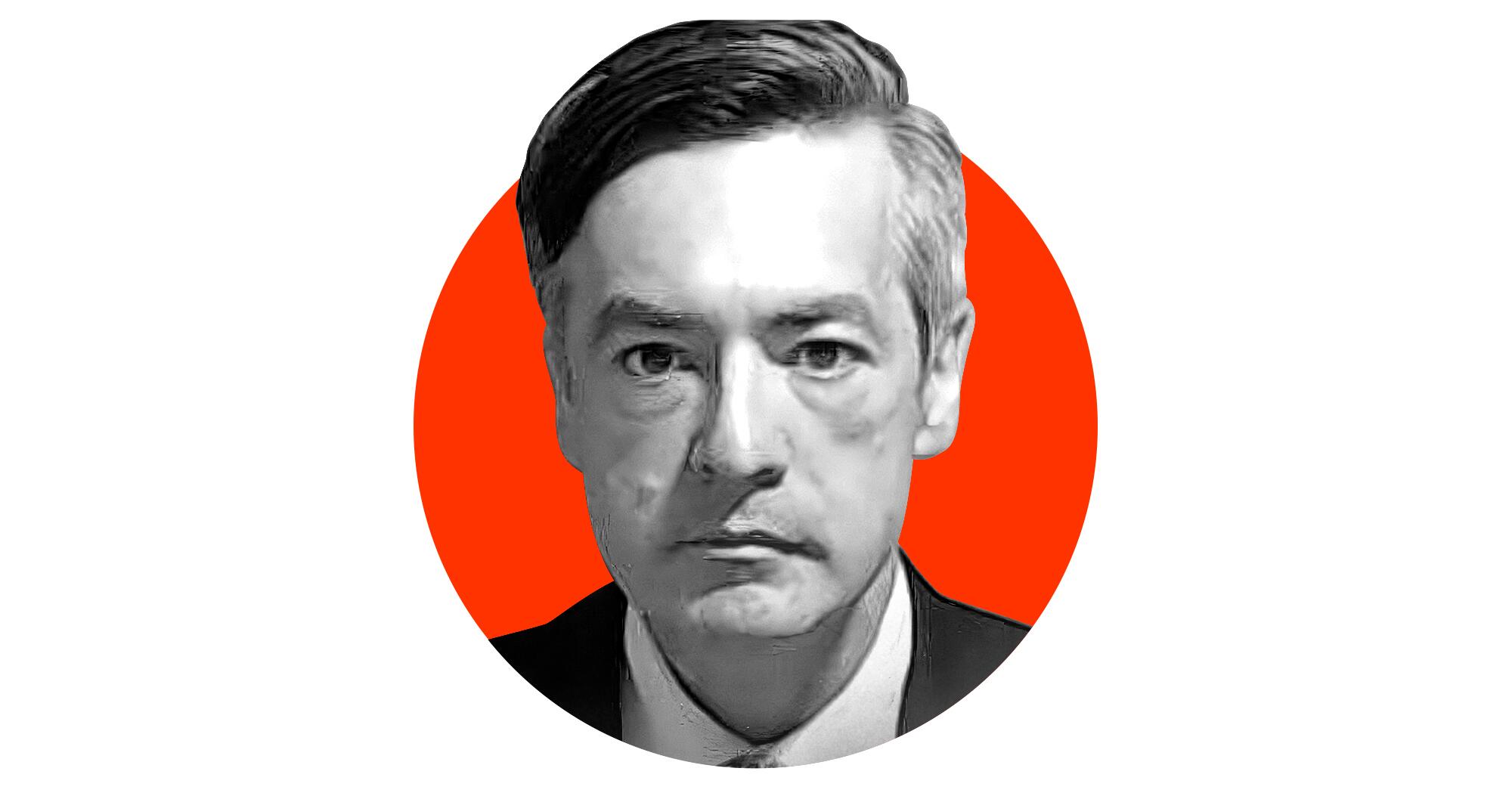
Chesebro, an attorney who worked with the Trump campaign, is believed to have come up with the idea of having pro-Trump electors send slates of votes to Congress to put the presidential election results in question.
The special counsel’s indictment alleges that the plan to use fake electors began in Wisconsin, with a memo from Co-Conspirator 5 that was sent on Dec. 13, 2020. The sender, recipient, date and content of the emailed memo match those of an email that Chesebro sent to Giuliani, according to a copy made public by the House Jan. 6 select committee.
Chesebro is charged in the Fulton County indictment and is accused of devising the fake electors plan.
Unnamed Co-Conspirator 6
The special counsel’s indictment provides little identifying information about this person, who is referred to as “a political consultant who helped implement a plan to submit fraudulent slates of presidential electors to obstruct the certification proceeding.”
Other key figures in the federal and Fulton County 2020 election indictments
Mike Pence
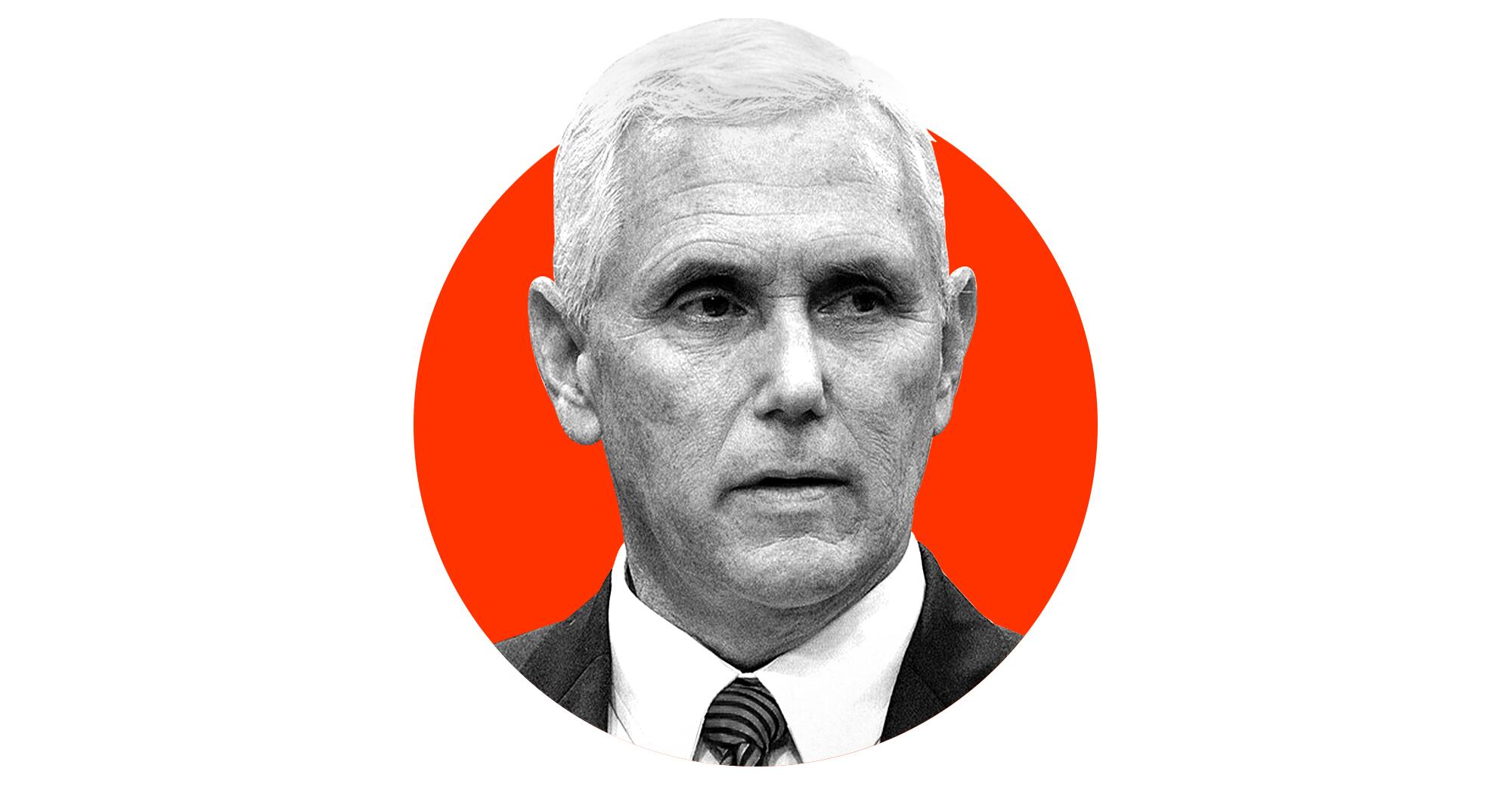
The former vice president refused to submit to pressure from Trump and others to use his position presiding over Congress on Jan. 6 to turn the results in Trump’s favor — either by rejecting votes from certain states or delaying the certification until legislatures could decide whether to overturn results in key states. Pence did not believe he had any authority to change or affect the election results, and considered his role to be ceremonial.
Pence took notes on his conversations with Trump and others, and the indictment provides new details about the pressure he faced.
Mark Meadows
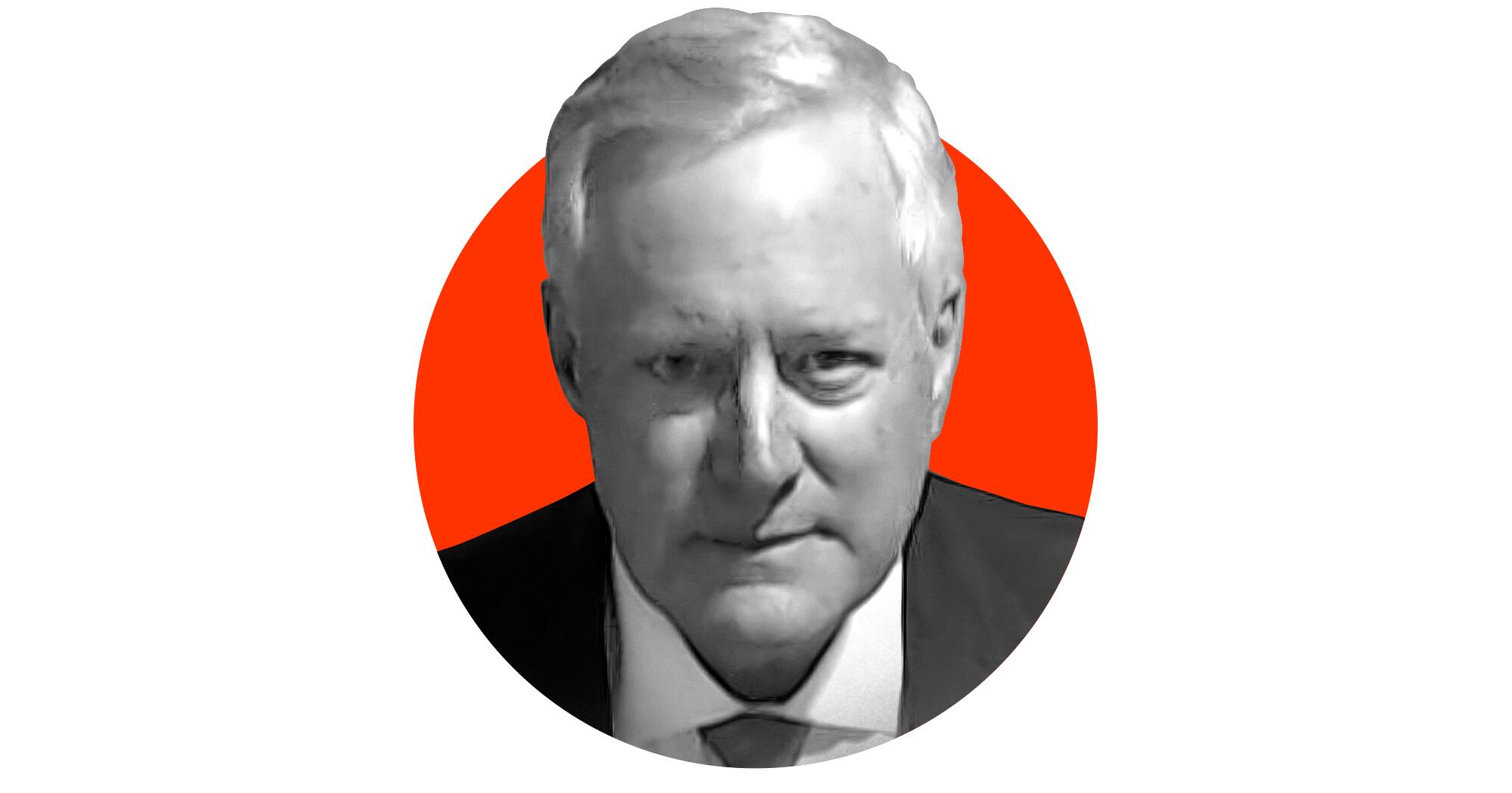
The former chief of staff was named repeatedly in the investigation conducted last year by the House Jan. 6 select committee. But he’s referenced sparingly in the federal indictment on the 2020 election, leading to speculation that he may be cooperating with the special counsel.
Meadows is charged in the Fulton County indictment, however, accused of organizing and participating in calls in which Trump pushed Georgia election officials to determine that he, not Biden, had won the state.
Georgia co-defendants
In addition to Trump, Giuliani, Eastman, Meadows, Cheseboro, Clark and Powell, 12 others were charged as co-defendants in the indictment on state charges handed down Aug. 14 by a Fulton County grand jury.
Jenna Ellis

An attorney working for Trump’s campaign, Ellis was a mainstay on conservative media in the days after the 2020 election, making several false statements that led to her censure by the Colorado Supreme Court. The indictment alleges that in November and December of 2020, Ellis met with legislators in at least two states that Biden won — Arizona and Michigan — where she is accused of laying out the Trump team’s plan to unlawfully appoint false slates of electors.
Ray Smith

Smith, a Georgia attorney, helped the Trump campaign litigate its attempts to block the certification of Georgia’s final vote count. His efforts were unsuccessful. He faces 12 counts, including over alleged conspiracies to impersonate a public officer, to commit forgery in the first degree, to make false statements and writings, and to file false documents.
Robert Cheeley
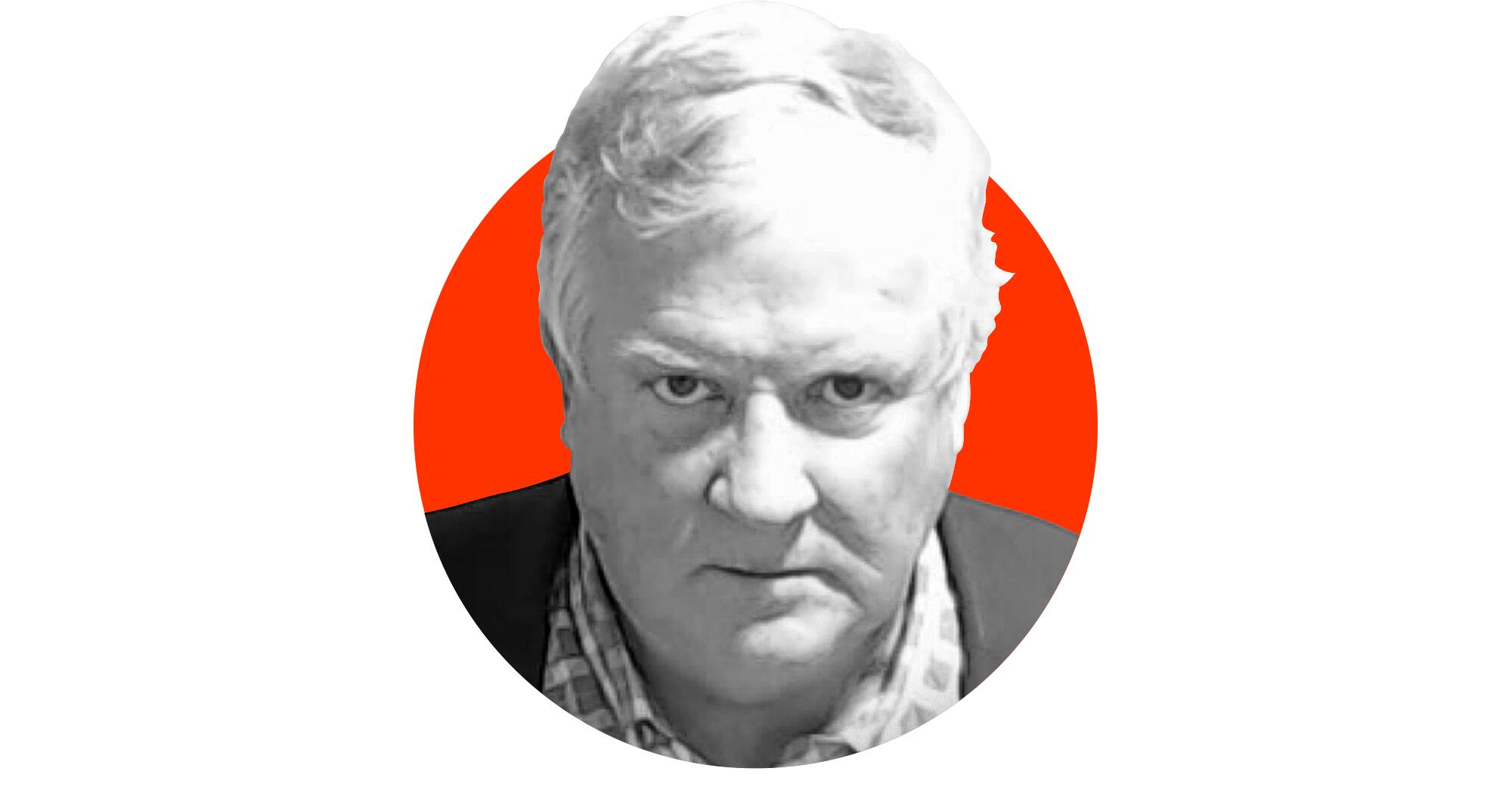
Cheeley, also a lawyer in Georgia, is accused of promoting Trump’s fraud claims. He is charged in the Fulton County indictment with seven criminal counts, including conspiring to impersonate a public officer, to commit first-degree forgery, to make false statements and writings, and to file false documents.
Mike Roman

Roman was national director of election day operations for Trump’s 2020 campaign, and is alleged to have helped organize the seven slates of fake Trump electors. He faces five charges in the Fulton County indictment.
David Shafer
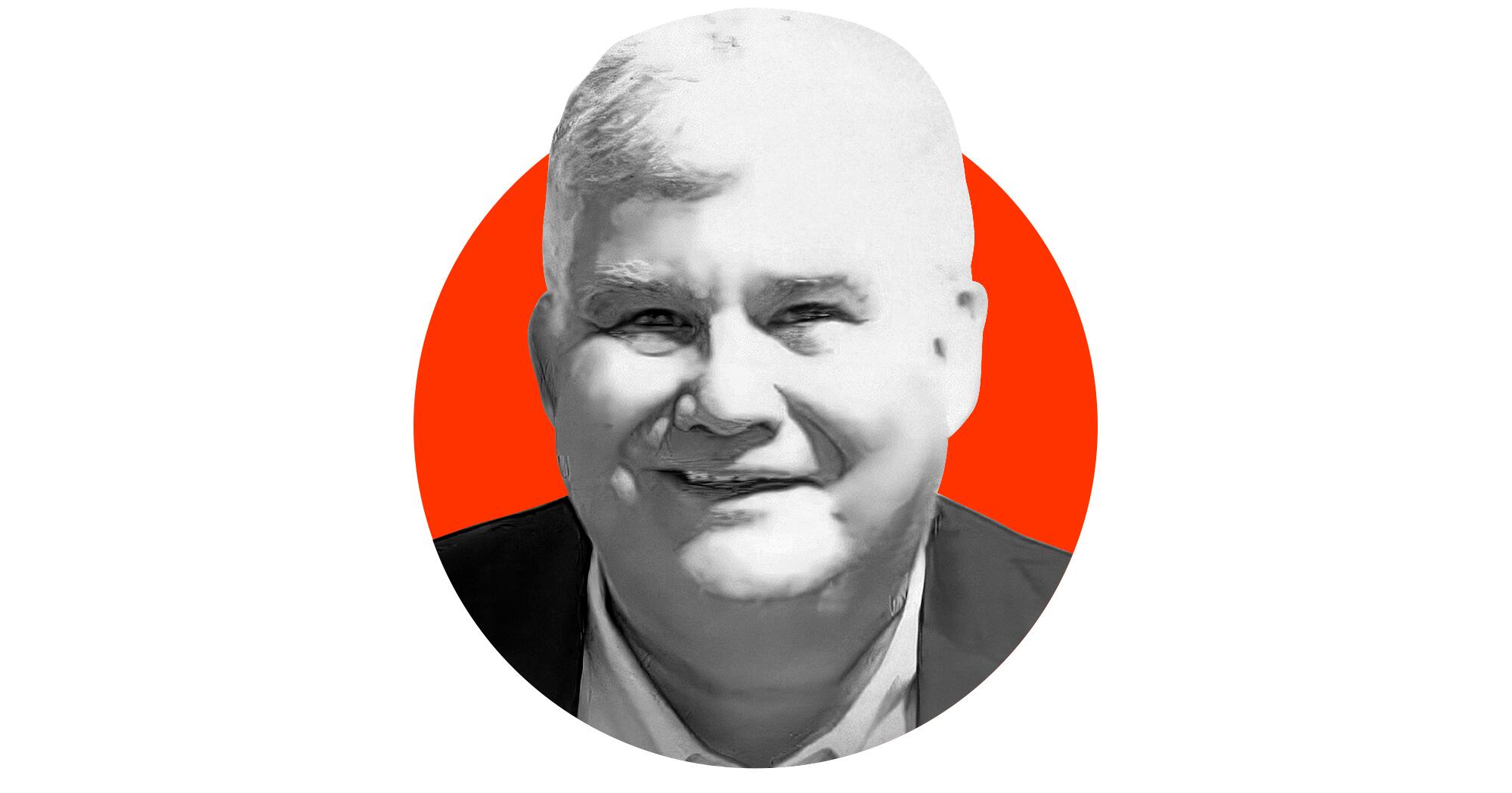
The former chairman of the Georgia GOP, Shafer helped coordinate efforts among the Trump campaign, national GOP players, low-level state and local activists and elected officials. He also participated in the meeting of Trump-supporting electors to fraudulently cast electoral votes for Trump. He is charged with five counts in Fulton County.
Shawn Still

In 2020, Still served as one of Trump’s phony electors after the then-president lost in Georgia. He is charged with five counts. Still was elected last year to represent suburbs north of Atlanta in Georgia’s state Senate.
Stephen Lee
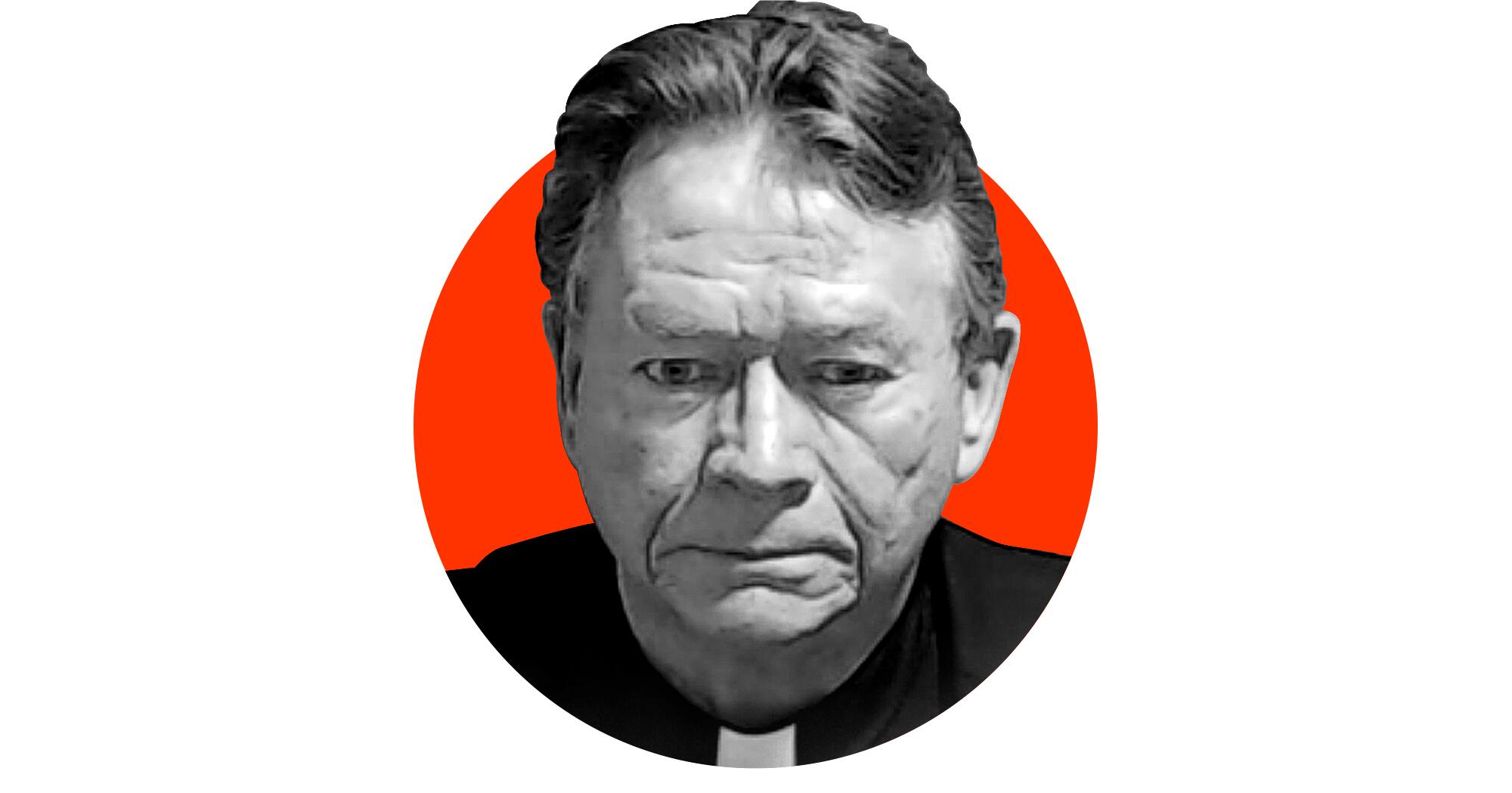
A Chicago-area chaplain formerly in law enforcement, Lee is accused of traveling to the home of a Fulton County election worker to offer her “protection” after the election. The indictment alleges he intended to encourage her to falsely testify that she and her colleagues had engaged in fraudulent activity in the election. He is charged with four counts including attempting to influence a witness.
Harrison Floyd
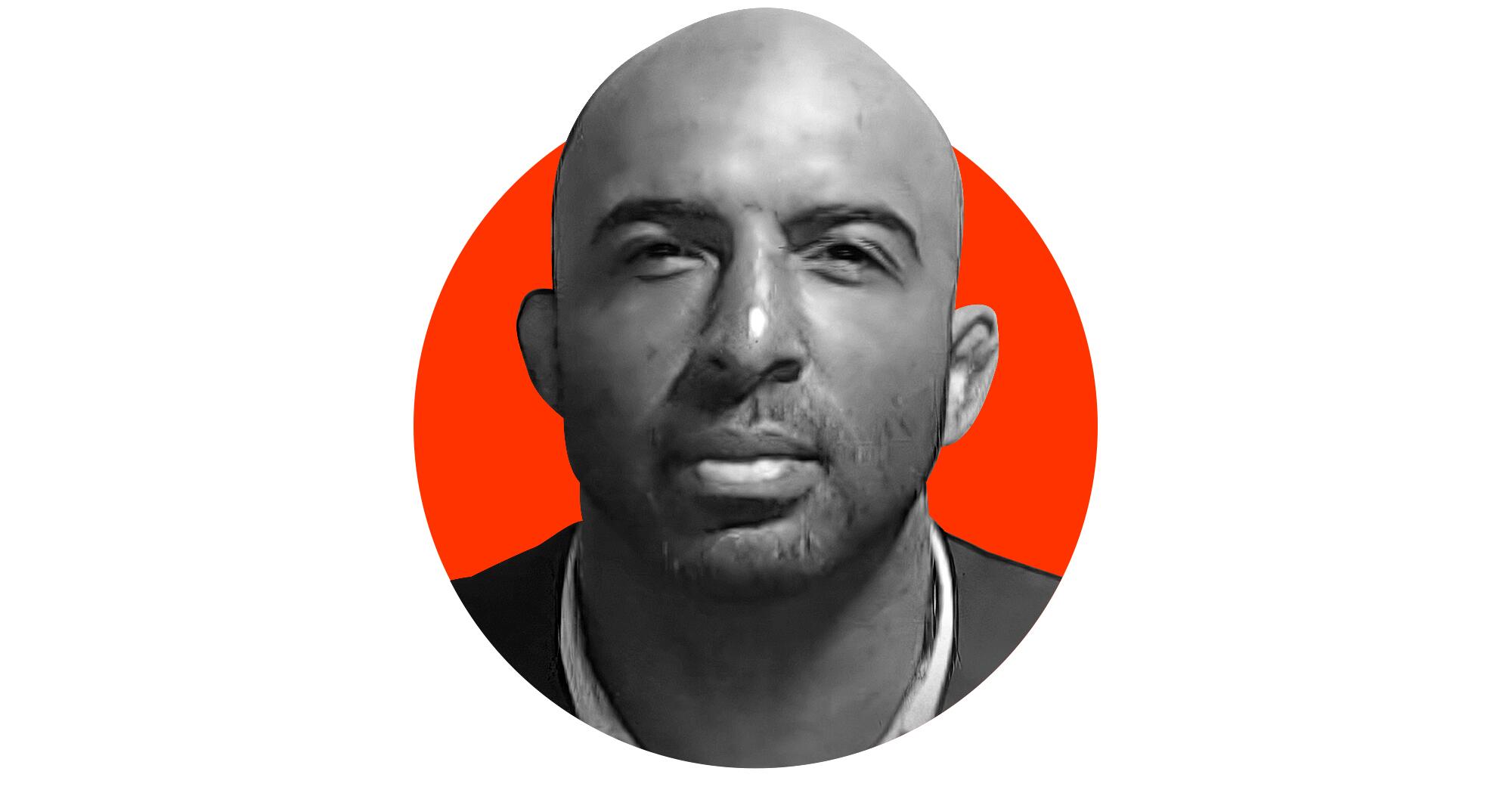
The executive director of Black Voices for Trump, Floyd was allegedly sent by Lee to attempt to coerce the Fulton County election worker to make false statements about election fraud. Floyd made multiple failed attempts to contact Ruby Freeman, a Fulton County election worker, by phone and text message. After he was unsuccessful, he allegedly asked Trevian Kutti, a co-defendant in the Georgia indictment, to try to contact her. Floyd is charged with three counts including influencing a witness.
Trevian Kutti

A lobbyist and former publicist for Kanye West and R. Kelly, Kutti is accused of assisting Lee and Floyd in the alleged plot to pressure an election worker to admit to interfering with the election. She is charged with three counts including influencing a witness.
Cathy Latham
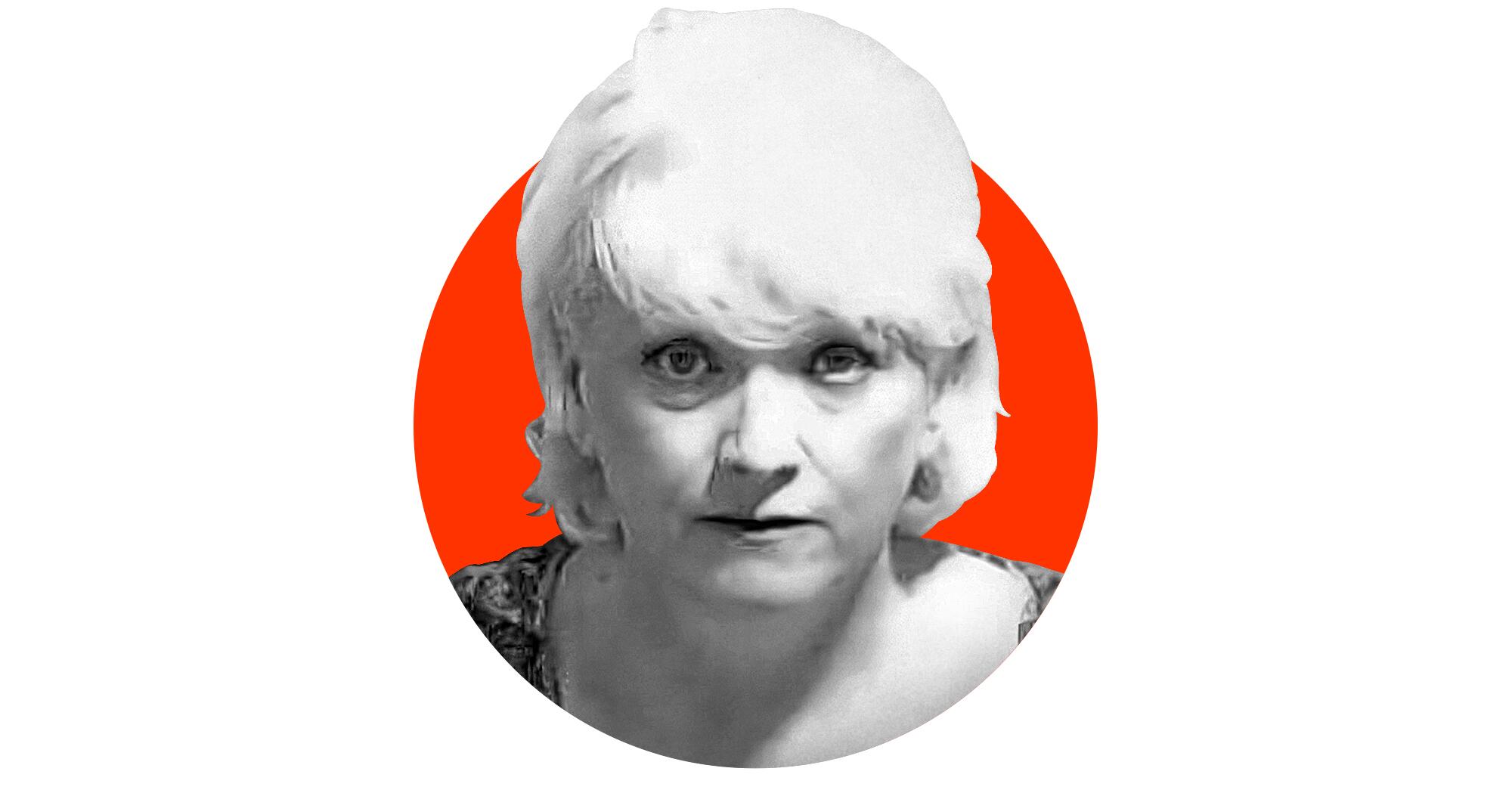
Latham, a former GOP chairwoman from Georgia’s Coffee County, is accused of spearheading the effort to grant Trump’s team access to the county’s election computer system. Latham is also accused of participating in the fake electors scheme. She is charged with 10 counts including impersonating a public officer and forgery.
Scott Hall
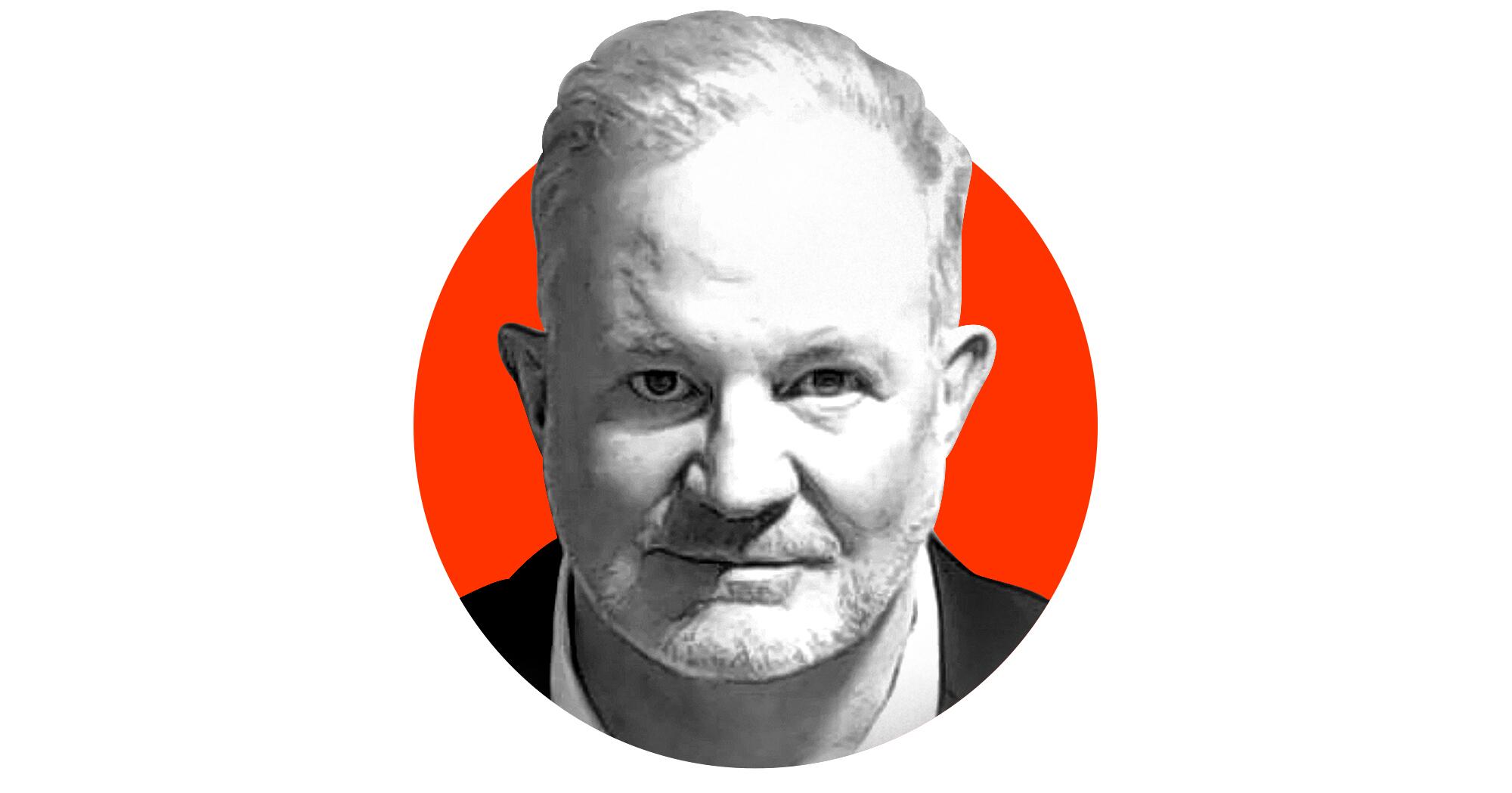
Hall, an Atlanta bail bondsman, was part of the team accused of coordinating with Latham to provide access to voting systems in Coffee County. He is charged with seven counts including attempting to file false documents.
Misty Hampton

Hampton, a former Coffee County elections supervisor, is accused of aiding in the plan to give Trump’s team access to county voting systems. She is charged with seven counts including attempting to file false documents.
Trump’s co-defendants in the federal classified documents case
Waltine ‘Walt’ Nauta
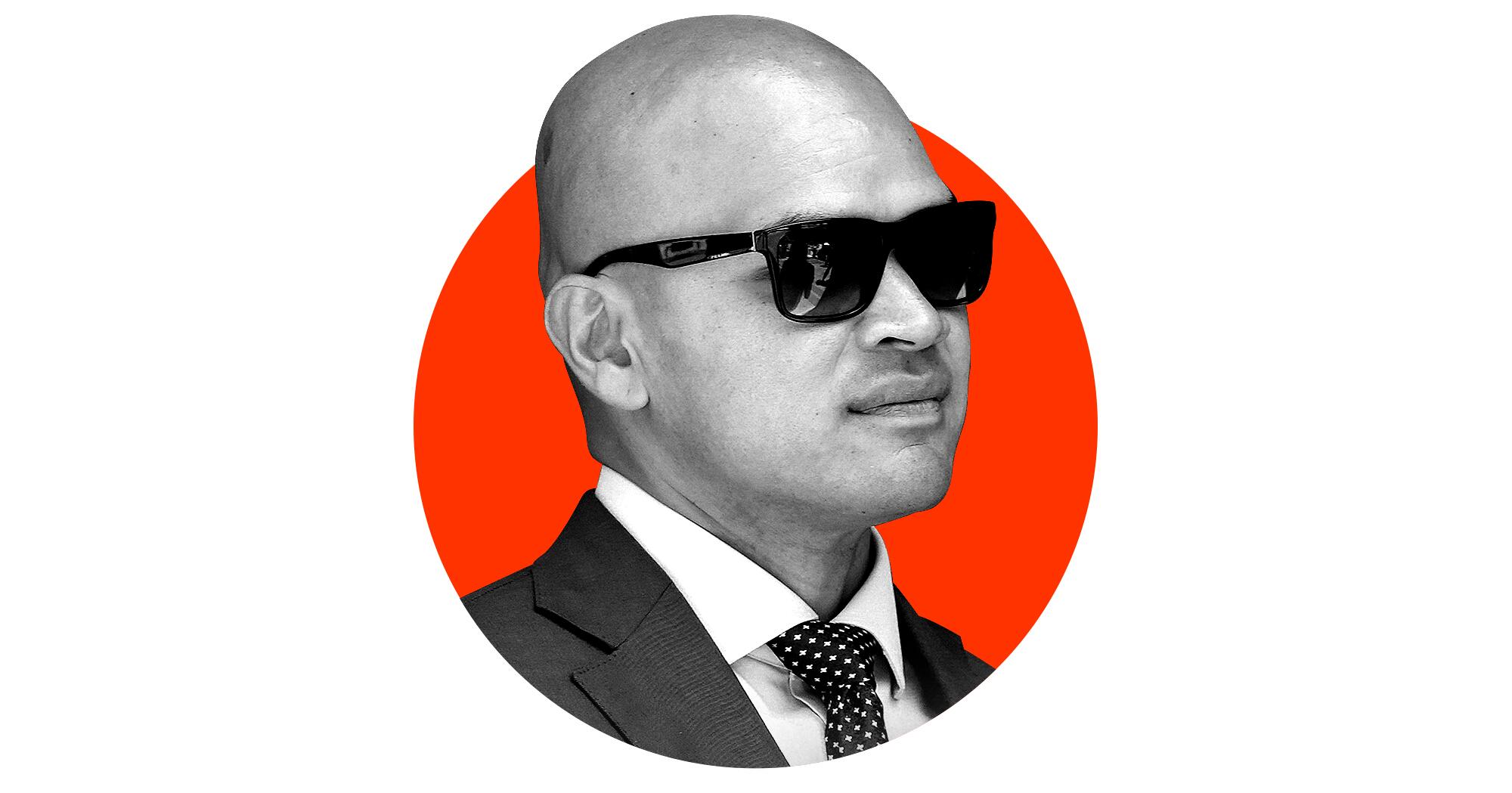
Nauta, Trump’s personal aide and valet, was charged alongside his boss in the federal indictment over the classified documents at the former president’s Mar-a-Lago estate in Florida. Nauta is indicted on charges including conspiracy to obstruct justice, withholding a document or record, corruptly concealing a document in a federal investigation, scheming to conceal and making false statements and representations.
According to the indictment, Nauta made multiple false statements, including saying he was not aware that boxes of documents had been taken to Trump’s residence for review before 15 of them were sent to the National Archives, and denying that he knew where the boxes had been stored before they were found at Mar-a-Lago.
Carlos De Oliveira
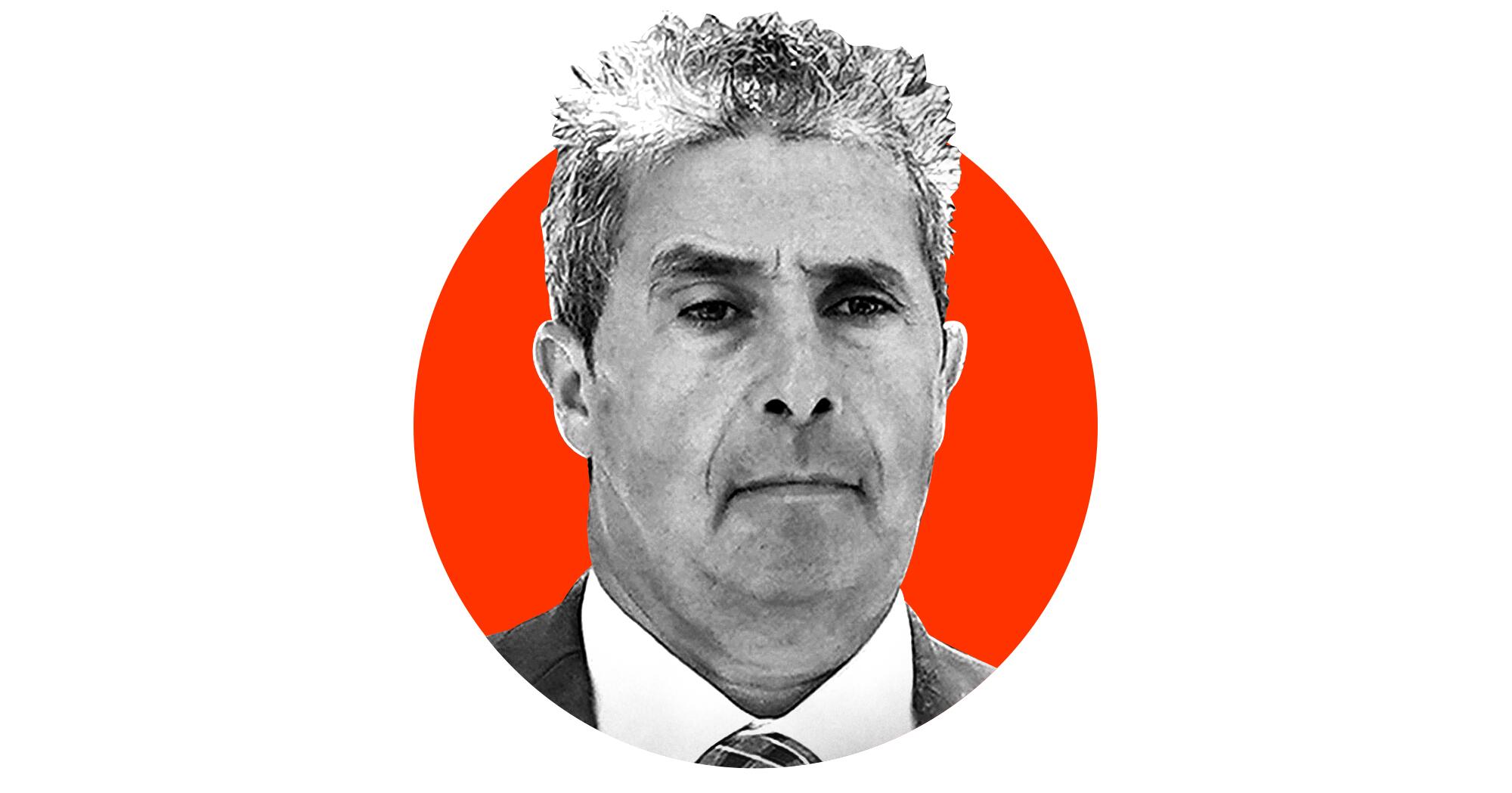
Mar-a-Lago employee Carlos de Oliveira was named in a superseding indictment as a co-defendant in the classified records case. Alongside Trump and Nauta, he is charged with two counts of obstruction based on allegations that they attempted to delete surveillance video at Mar-a-Lago after receiving a subpoena ordering that the video be turned over to federal investigators.
Key figures in the New York indictment against Trump
Michael Cohen
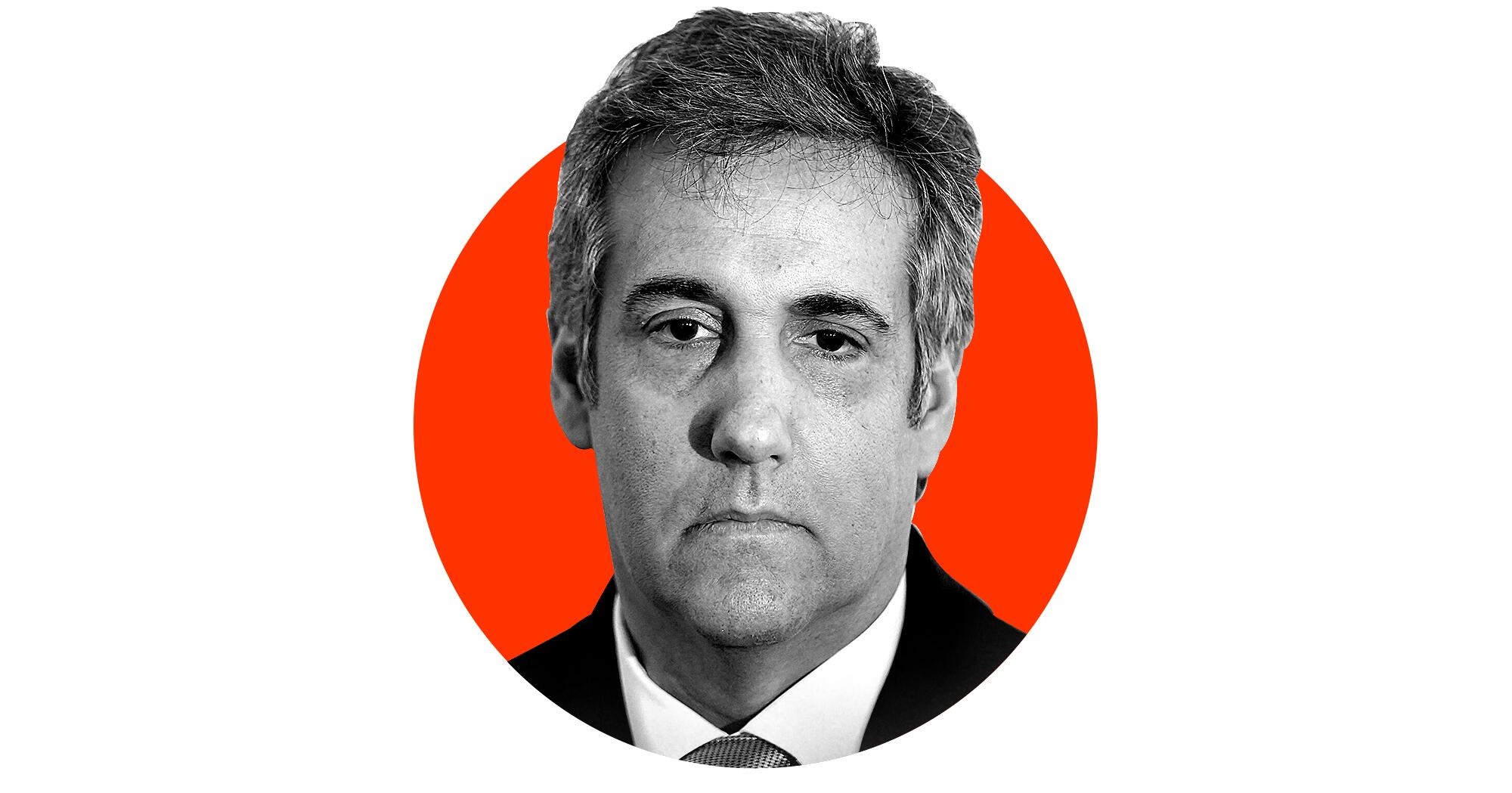
Cohen, a former attorney for Trump, allegedly made a $130,000 payment to adult film star Stormy Daniels late in the 2016 campaign to prevent her from publicly saying that she’d had an affair with then-candidate Trump. The former president is accused of hiding reimbursement payments made to Cohen while in the White House by funneling the money through his business and recording it as payments for legal services. Cohen is not charged in the indictment.
Stormy Daniels
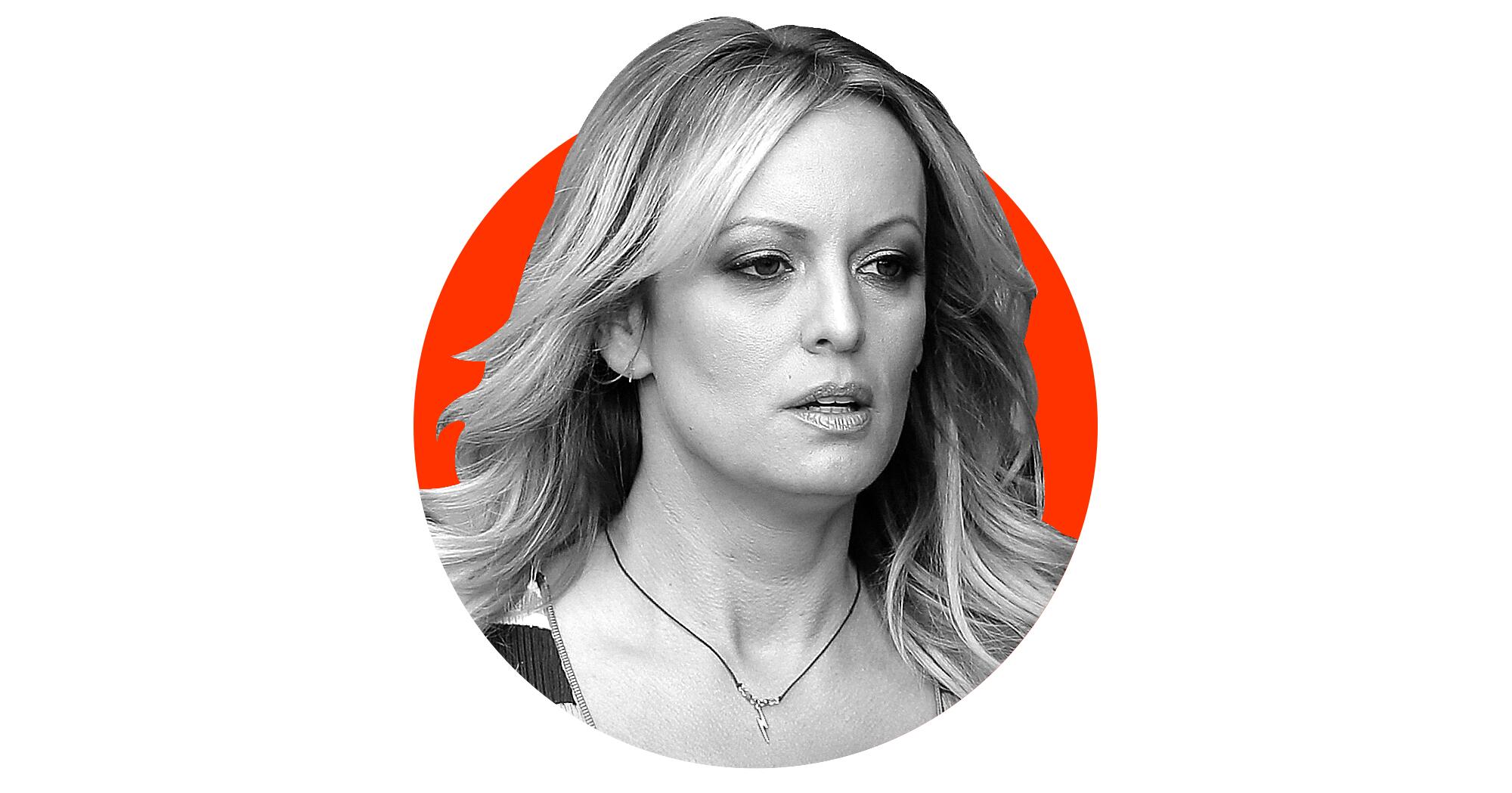
Daniels, who received the alleged hush money payment ahead of the 2016 presidential election, said she had a sexual encounter with Trump in 2006; the former president has denied it. After cooperating with New York prosecutors, she said she would be willing to take the stand to testify against Trump in the case.
More to Read
Get the L.A. Times Politics newsletter
Deeply reported insights into legislation, politics and policy from Sacramento, Washington and beyond. In your inbox three times per week.
You may occasionally receive promotional content from the Los Angeles Times.



